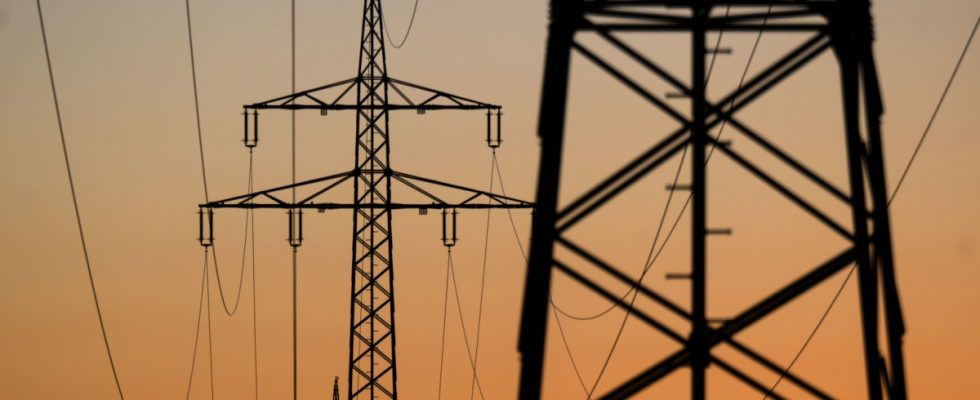There has recently been no shortage of political disputes in the traffic light coalition, and for once no one should disagree: compliance with the debt brake, replacement of heating systems, introduction of basic child security – hardly an issue that has not been loudly debated. The brawlers included Finance Minister Christian Lindner, Transport Minister Volker Wissing (both FDP), Economics Minister Robert Habeck and Family Minister Lisa Paus (both Green). One coalition partner, however, and the largest at that, mostly kept a low profile and followed events from the sidelines: the SPD. Hardly anyone therefore knows what the Social Democrats currently stand for on key issues of economic and financial policy.
That should change now, because the economic forum of the SPD wants to present a strategy paper this Monday that provides answers. The aim must be to advance the ecological and digital transformation of the country and to strengthen its resilience, according to the 16-page position statement that the Süddeutsche Zeitung already exists. In addition, dependencies, for example with raw materials, must be reduced and the role of medium-sized companies as innovation drivers promoted. The economic forum is not an official body of the party, but it is closely intertwined with it in terms of personnel: the political advisory board includes Chancellor Olaf Scholz, Labor Minister Hubertus Heil and numerous SPD members of the Bundestag and state ministers. This Tuesday, the Forum invites you to a large conference, speakers will include party leader Lars Klingbeil and – as a guest – Minister of Finance Lindner.
Specifically, the SPD economic wing calls for a state-subsidized electricity price for industry, which should be five to seven cents per kilowatt hour. That would be about half of what currently applies to the electricity price brake: it caps the price for energy-intensive companies and large industrial customers at 13 cents. However, this regulation only applies to 70 percent of previous consumption and also expires at the end of the year. From 2024 onwards, a follow-up solution will therefore be necessary to ensure competitiveness, according to the strategy paper: “The transformation needs industry, without it there would be no wind turbines, no solar systems, no semiconductors, no mechanical and plant engineering that would support the transformation.”
Before heating systems are replaced, the district heating network is to be expanded
In addition, the economic forum calls for a drastic acceleration of approval procedures and a much greater inclusion of women, older people and foreign skilled workers in the labor market. Other concerns are a continuous increase in public investment, including an exception clause in the debt brake, the promotion of private investment through the introduction of bonuses and a tax “super write-off”, a coordinated European industrial policy and the conclusion of further trade agreements and raw material partnerships.
In order to combat the glaring lack of affordable housing, the SPD economic wing is calling for new non-profit housing construction. On the other hand, he is critical of Minister of Economics Habeck’s plans to replace hundreds of thousands of heating systems in German cellars in the coming years. A “heat transition” is urgently needed. But it must not become a “social explosive device”. Instead of relying on “building-fixed solutions”, the local and district heating networks would first have to be expanded in a climate-neutral manner. “Only where these investments are not sufficient must the focus be placed on the individual building,” the paper says.
The latter demand is likely to meet with criticism, especially from the Greens, while the FDP is skeptical about the idea of an industrial stream because of possible distortions of competition at the expense of small and medium-sized companies. A new dispute in the coalition is therefore inevitable – this time with participation of the SPD.

